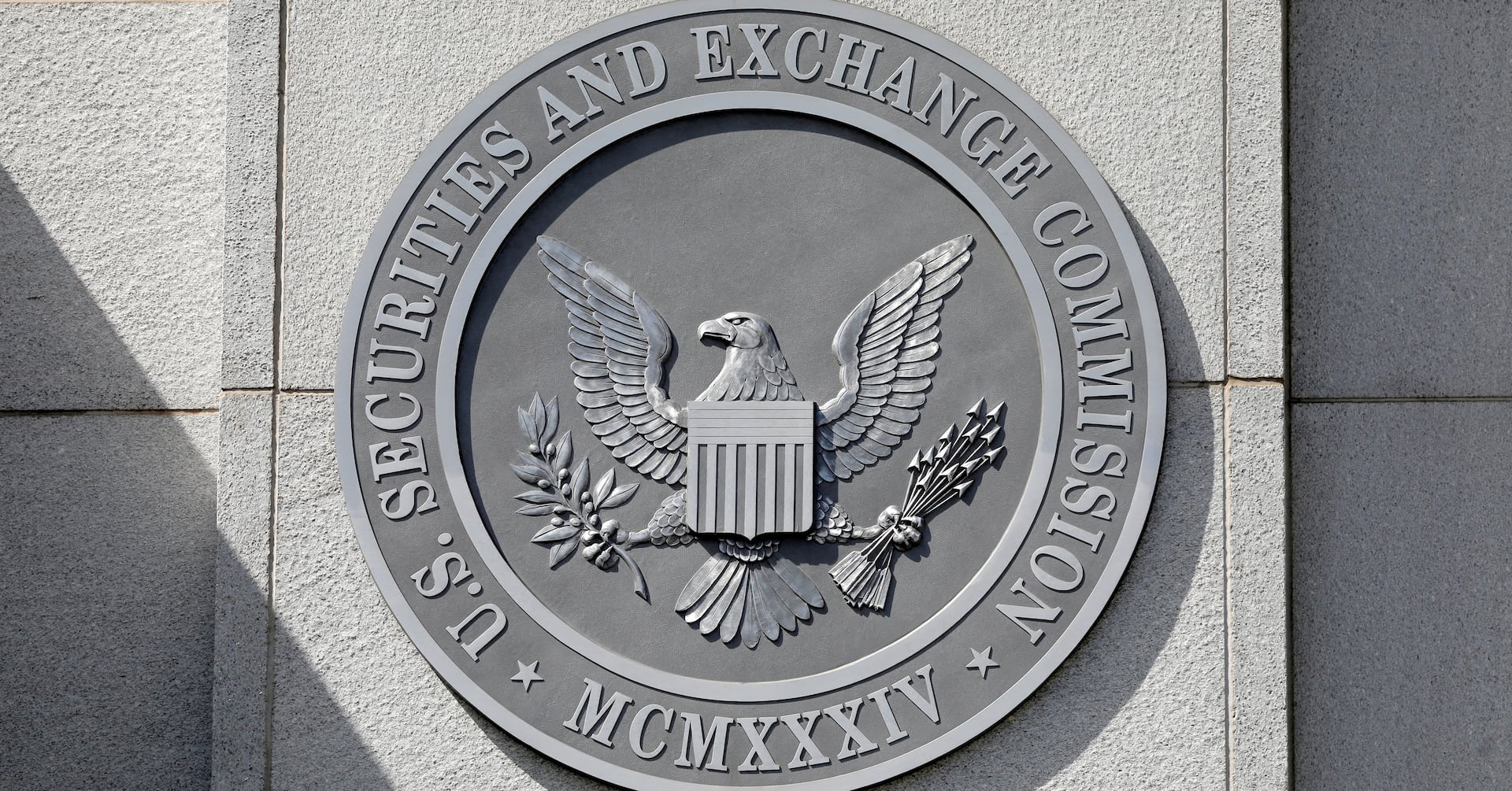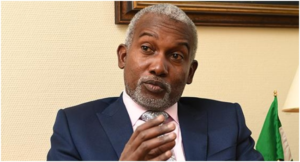
New U.S. climate-disclosure regulations should boost demand for services of the Big Four accounting firms and more specialized reviewers, and could sharpen a rivalry between the two camps, executives and analysts said.
The U.S. Securities and Exchange Commission (SEC) on March 6 approved a new rule for public companies to disclose emissions and other climate-related details. The SEC estimates the rule will increase spending by filers on external service providers like assurance firms by as much as $907 million a year, an 18% increase over current levels.
Republicans including SEC member Hester Peirce, opens new tab have cited higher costs in arguments against the new rule, which also faces court challenges. Even if those succeed, new requirements in California and Europe will boost audit and accounting firms that will prepare emissions data and other climate-related information sought by investors.
“We anticipate more and more that our clients will be asking us for help” preparing so-called ‘attestation’ reports required under the new climate-disclosure rules, said Amy Brachio, global vice chair for accounting firm Ernst & Young.
She said further that EY and other big audit firms could have an edge because corporate financial officers will now be responsible for climate reports and are used to working with firms like hers. Currently much of the emissions reporting is overseen by corporate chief sustainability officers.
Chief financial officers and others are “very used to working with the Big Four,” she said.
Many companies already disclose some version of this information in voluntary sustainability reports and often hire firms to provide “assurance” for some of their numbers. In this space specialized firms Apex Companies and ERM CVS have the most market share according to researcher Teneo.
Beth Wyke, ERM CVS Global Head of Corporate Assurance, said it has over 200 clients, mostly publicly-traded companies, and expects to grow as the new rules from Washington and other jurisdictions kick in. She noted that the SEC increased the number of standards that could be used to assure data, making it easier for companies to hire firms like hers outside the traditional audit industry.
“There’s room for everybody” she said.
An Apex representative declined to comment.
A test of the new competition could come at Apple, which uses Ernst & Young as its auditor but hired Apex to assure parts of its latest environmental report, opens new tab.
Tim Weiss, CEO of carbon accounting software maker Optera, said while companies new to climate reporting might go with a traditional audit firm to handle the new disclosures, “a company like Apple might have a different calculus.”
Apple said it supports emissions disclosures but did not address whether it would continue to use both Apex and Ernst & Young.






